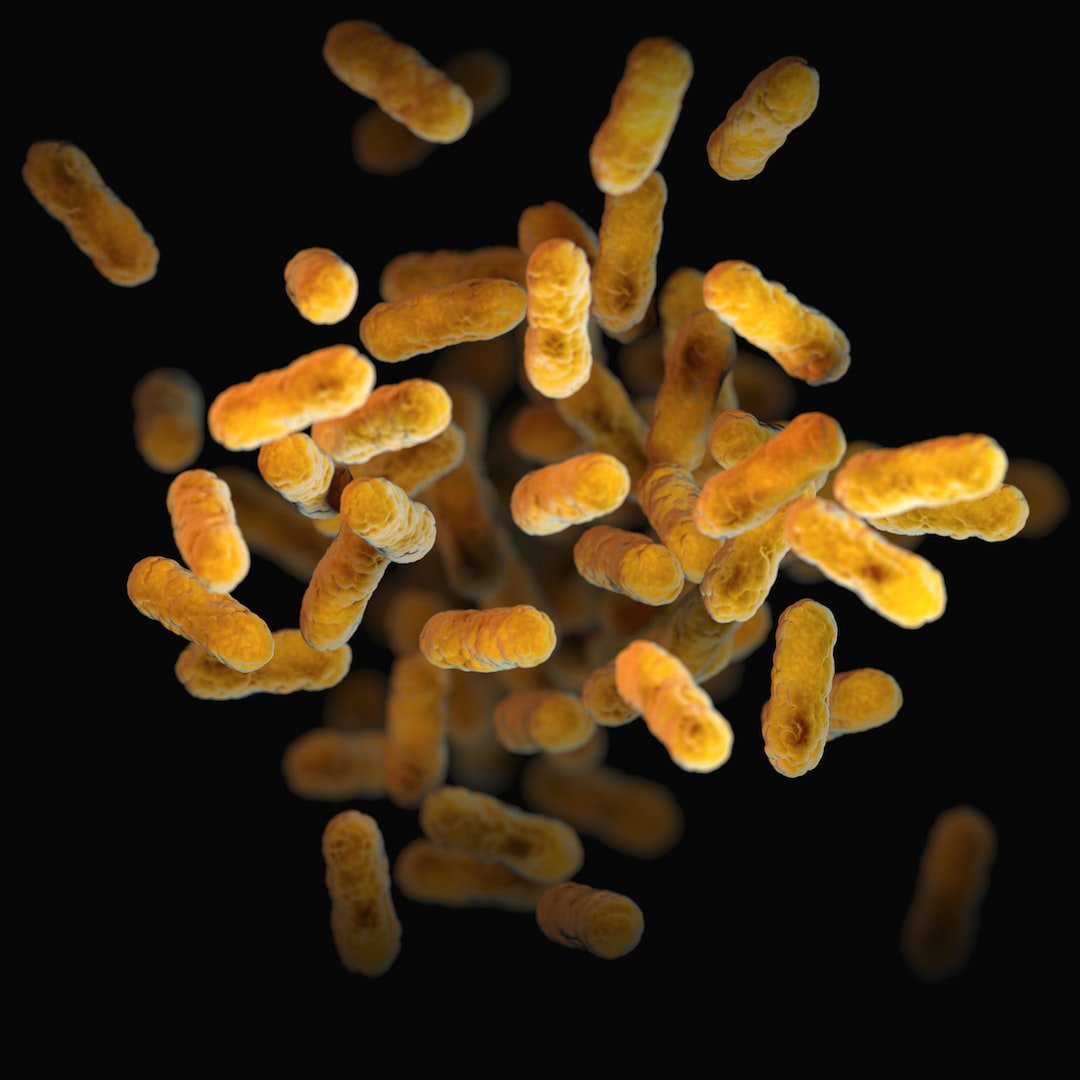
A Quick Refresher on Water-borne Parasites
Summertime is coming, which means spending more time outdoors and in the water. Whether you're swimming at the local pool, taking a dip in the lake, or enjoying a refreshing beverage by the pool, it's important to stay safe and healthy. One way to do that is by being aware of the dangers of water-borne parasites. And remember, we're not just talking about pools. We are also talking about the water from your tap, especially if you are on tank water.
While most people are familiar with the dangers of diseases like cholera, which is transmitted through contaminated water, there are other less well-known dangers lurking in our waterways. Parasitic infections are caused by tiny organisms that live in or on another organism (in this case, humans) and rely on that host for survival. Some parasites can cause serious illness or even death, so it's important to be knowledgeable about the risks.
There are several different types of water-borne parasites, but some of the most common include:
Cryptosporidium
Cryptosporidium is a parasitic protozoan that can be found in both fresh and salt water. This parasite is typically spread through contaminated food or water, and it can cause severe diarrhea in humans. In fact, cryptosporidium is one of the leading causes of waterborne illness in the United States. Symptoms of cryptosporidiosis usually appear within 2-10 days after exposure to the parasite, and they can last for up to 30 days.
Giardia Lamblia:
Giardia is a protozoan parasite that lives in freshwater environments like lakes and streams. It can also be found in contaminated food and water. Infection with Giardia can cause diarrhoea, vomiting, and cramping. In severe cases, it can lead to dehydration and even death.
Noroviruses:
Noroviruses are a type of virus that cause gastroenteritis, which is an inflammation of the stomach and intestines. Symptoms include vomiting, diarrhoea, and cramping. Noroviruses are commonly found in contaminated food and water. They can also be transmitted through contact with an infected person.
Water-borne parasites are a real threat to public health. To avoid becoming sickened by a parasitic infection, it's important to take precautions when swimming or enjoying other activities in freshwater environments. To be really safe you may choose to drink only bottled or boiled water, avoid eating raw or undercooked food, and practice good hygiene by washing your hands thoroughly after using the restroom or coming into contact with contaminated surfaces.
Alternatively, at least in the home, you can invest in the sort of water filter that has the advanced technology to trap these nasties before they reach your lips. This is seldom achieved by the big box store carbon filters because of the extremely small size of bacteria and viruses. However, Virus Guardian technology, found in the AlkaWay UltraStream has the ability to remove 99.9% of viruses, bacteria and parasites. It is unique because it uses an electrostatically charged matrix to draw these forms of contaminant towards the matrix, while maintaining the sort of flow rate that doesn't have you waiting 5 minutes for a glass of water.
Want to learn more?
Here’s the website.


